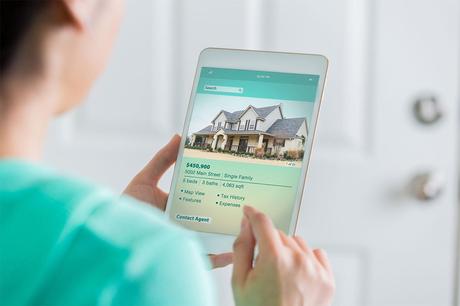
Across the stunning sands of the Gold Coast, to the bustling streets of inner Brisbane, property values continue to rise in Queensland. With the median price of Gold Coast homes leaping 4.8 per cent in the past year, now is the right time to pull those plans for your dream home off the drawing board and put them into action - or finally make a return on your investment property.
However, when it comes to life's crucial moments, sometimes it really is best to call in the experts. When securing the successful transfer of ownership for a property investment, both home buyers and sellers often rely on a licensed conveyancer to oversee the transaction.
When you're securing the ideal provider of conveyancing in Brisbane, it always helps to be equipped with knowledge of the basics. So, what do we mean when we use the word "conveyancing"?
The role of a conveyancer
Conveyancing, put simply, is the process of securing the legal transfer of a property from a buyer to a seller. For a person practising conveyancing, then, their prime motivation is to help their client achieve a successful outcome to their property purchase.
A conveyancing specialist has a practical knowledge of Australian property law. To work as a conveyancer, you need to meet two major requirements to practice in the country. You first have to complete a period of accredited learning, before undertaking at least two years of practical placements in the field. With this expertise, a conveyancer guides current and potential homeowners through the process of completing a home sale.
The conveyancing process is a complex and multifaceted task. If you're buying or selling a home, your conveyancer will prepare all relevant documentation and lodge it with the Department of Land, Housing and Property, attend to all administrative and council-related matters for their party, and even attend the settlement on your behalf.
Conveyancing and the buyer
As a buyer, your conveyancer will be your go-to person from the minute you set your mind on a property, to understanding the legal potential of your future window installation or fencing plans. The conveyancing expert will communicate directly with your seller's chosen professional in the pre-negotiation stage, ensuring the smooth transfer of your future asset.
If there are any discrepancies regarding the price of the property, or other issues that may disrupt the transaction, your conveyancer will work through this on your behalf - well before the date of contract completion. Any contracts and legal paperwork which need to be settled will also be prepared and transferred to the other party by your specialist.
There's no need to fret over unexpected costs either, because your conveyancing expert will source all the information you need to understand the taxes or rates that may apply to you in purchasing your property.
Conveyancing and the seller
When you're in the exciting position of selling your property to an interested buyer, enlisting the services of a conveyancer is strongly recommended. Your conveyancer can also act on your behalf in the process of legally transferring your assets to the other party, ensuring that your sale is completed in a seamless manner. The process of conveyancing secures your legal contracts, deeds, and other pertinent documents, including a search for the certificate of title for land transfer.
A good conveyancer also takes care of any communication with financial providers, and identifies any extra costs or complications which may arise throughout the process.
